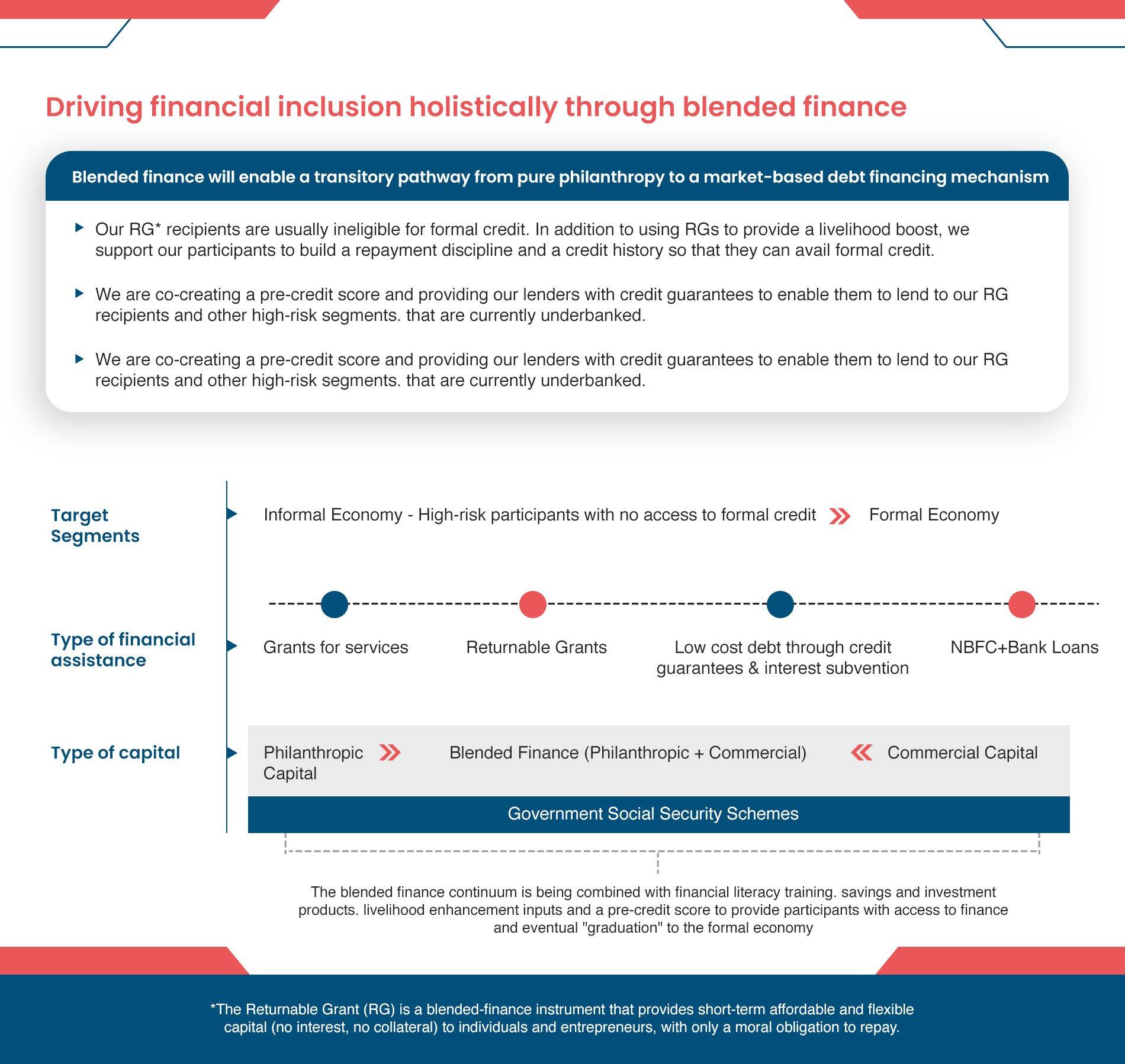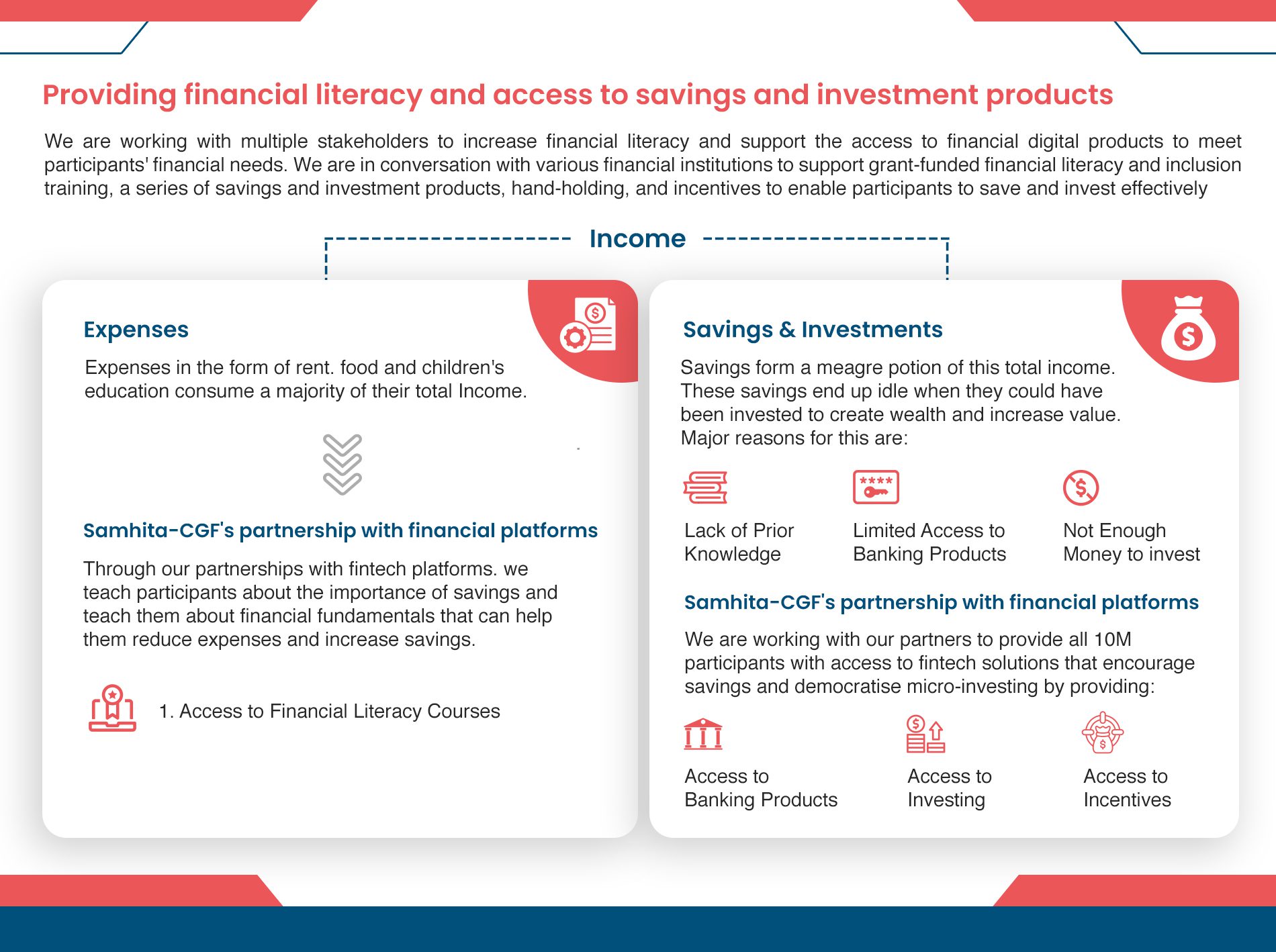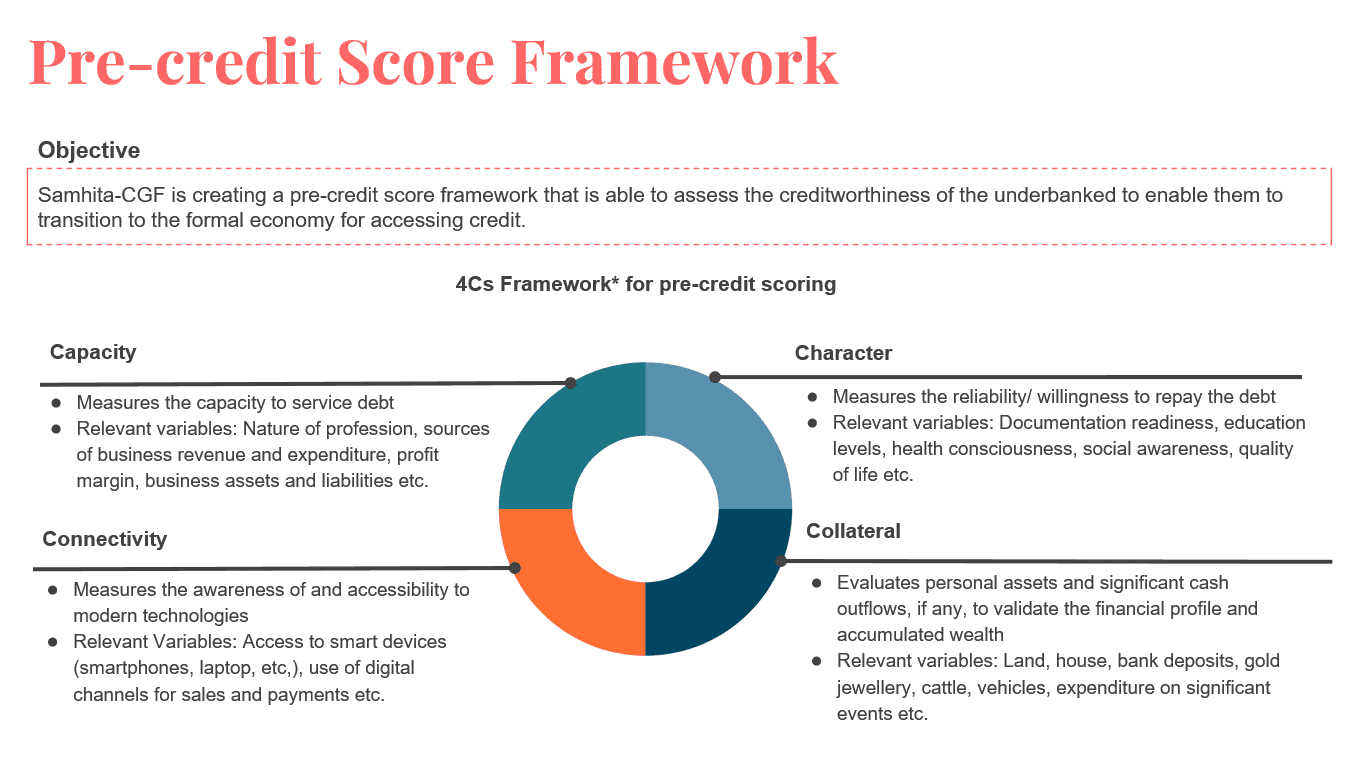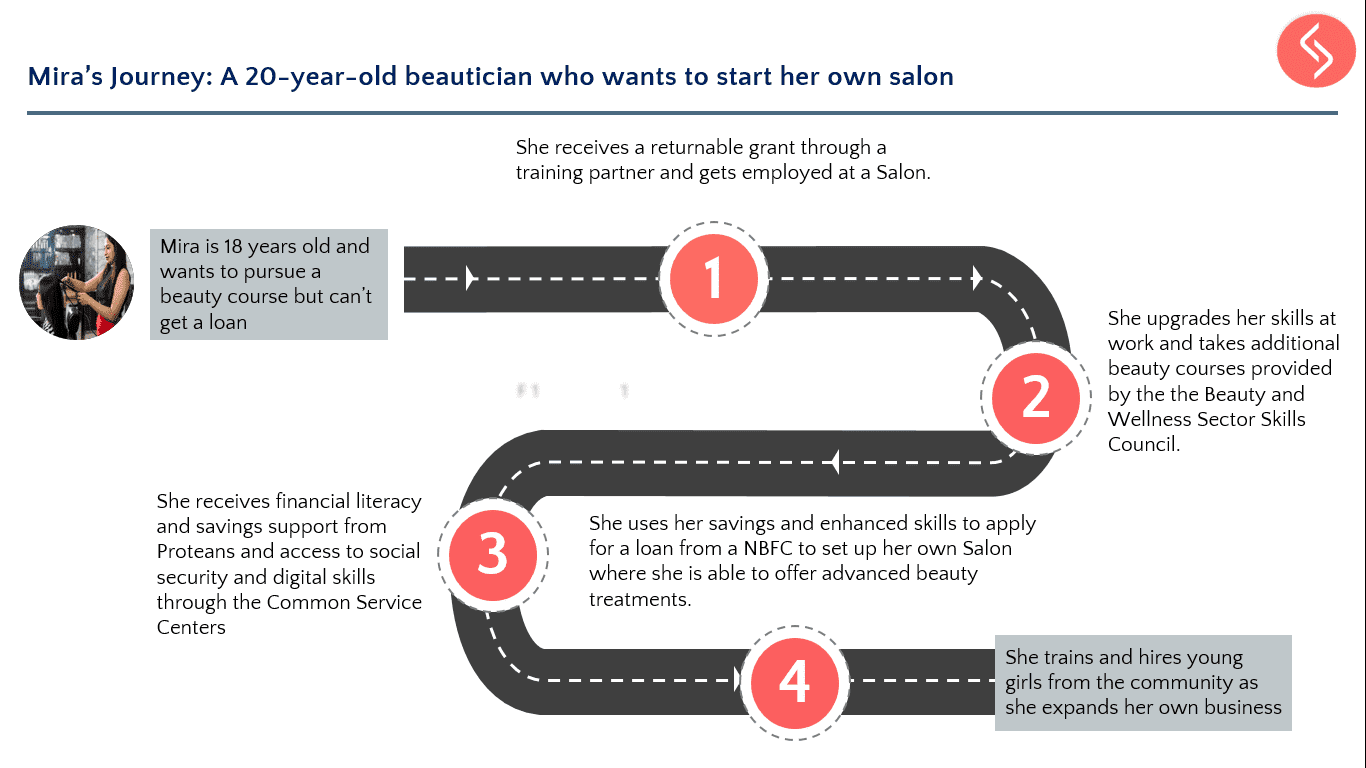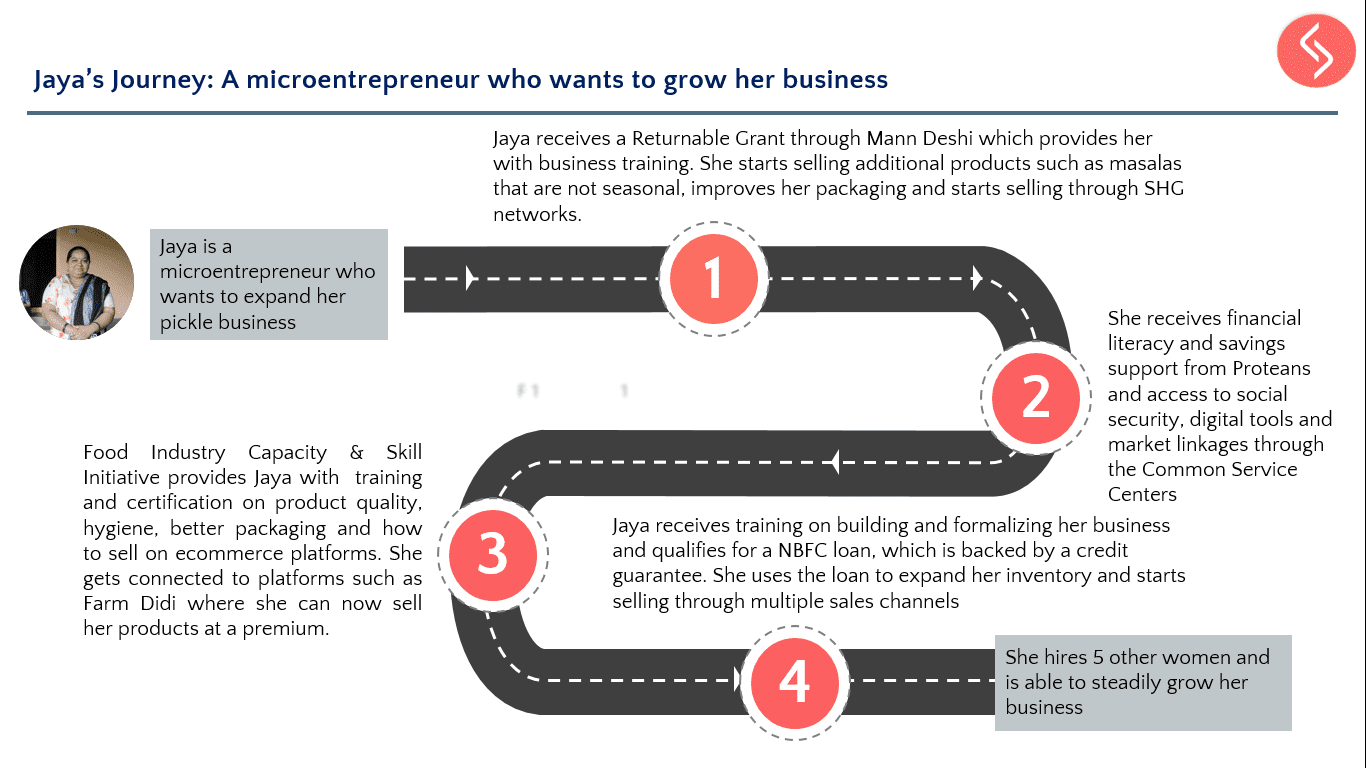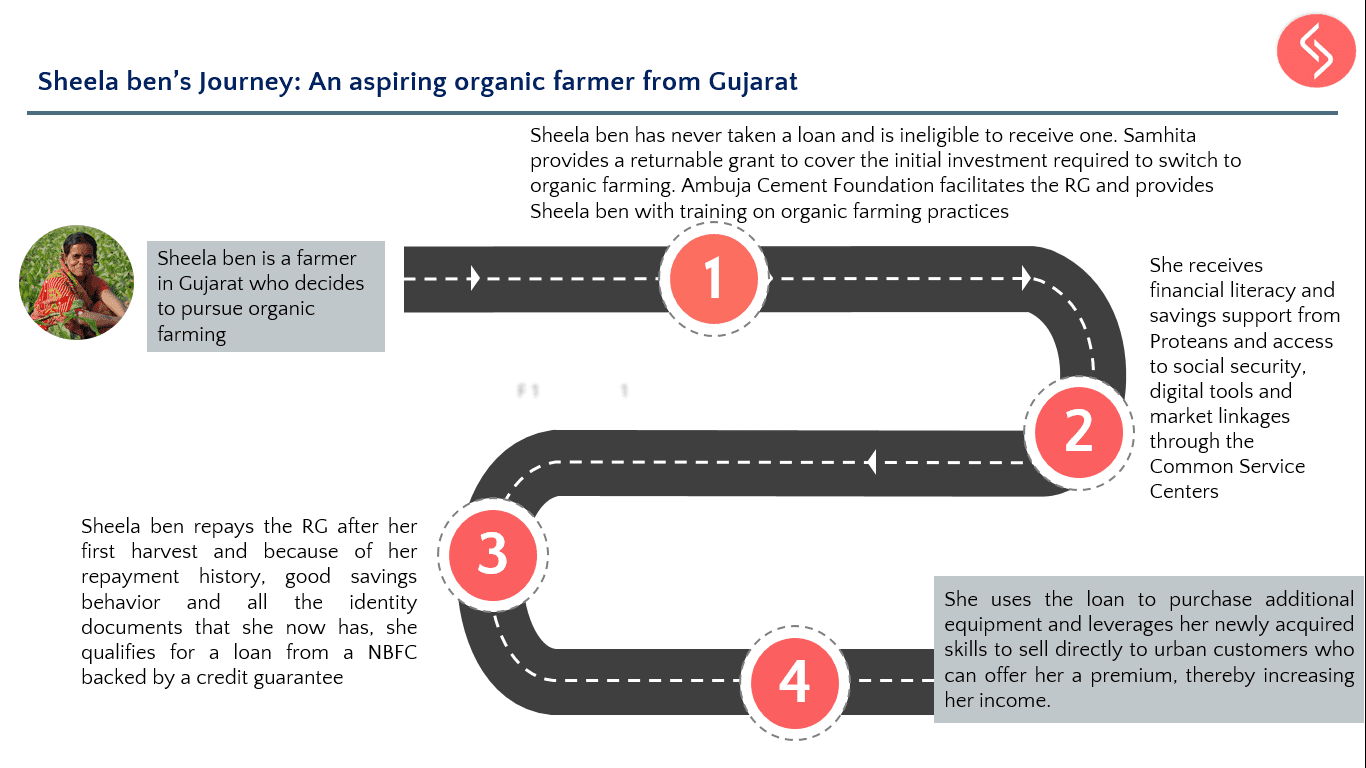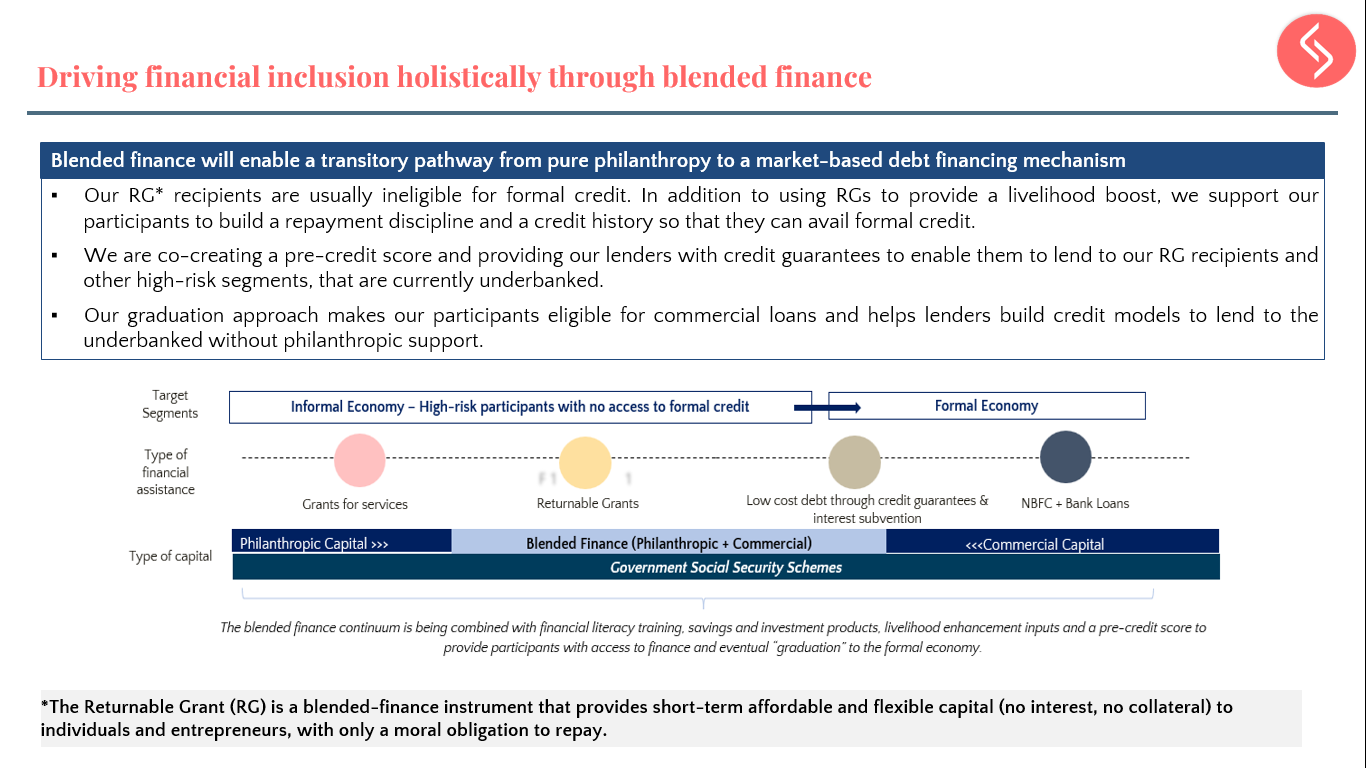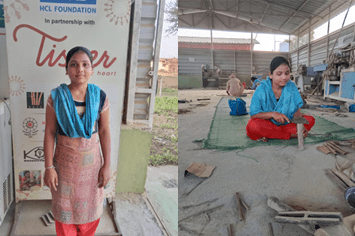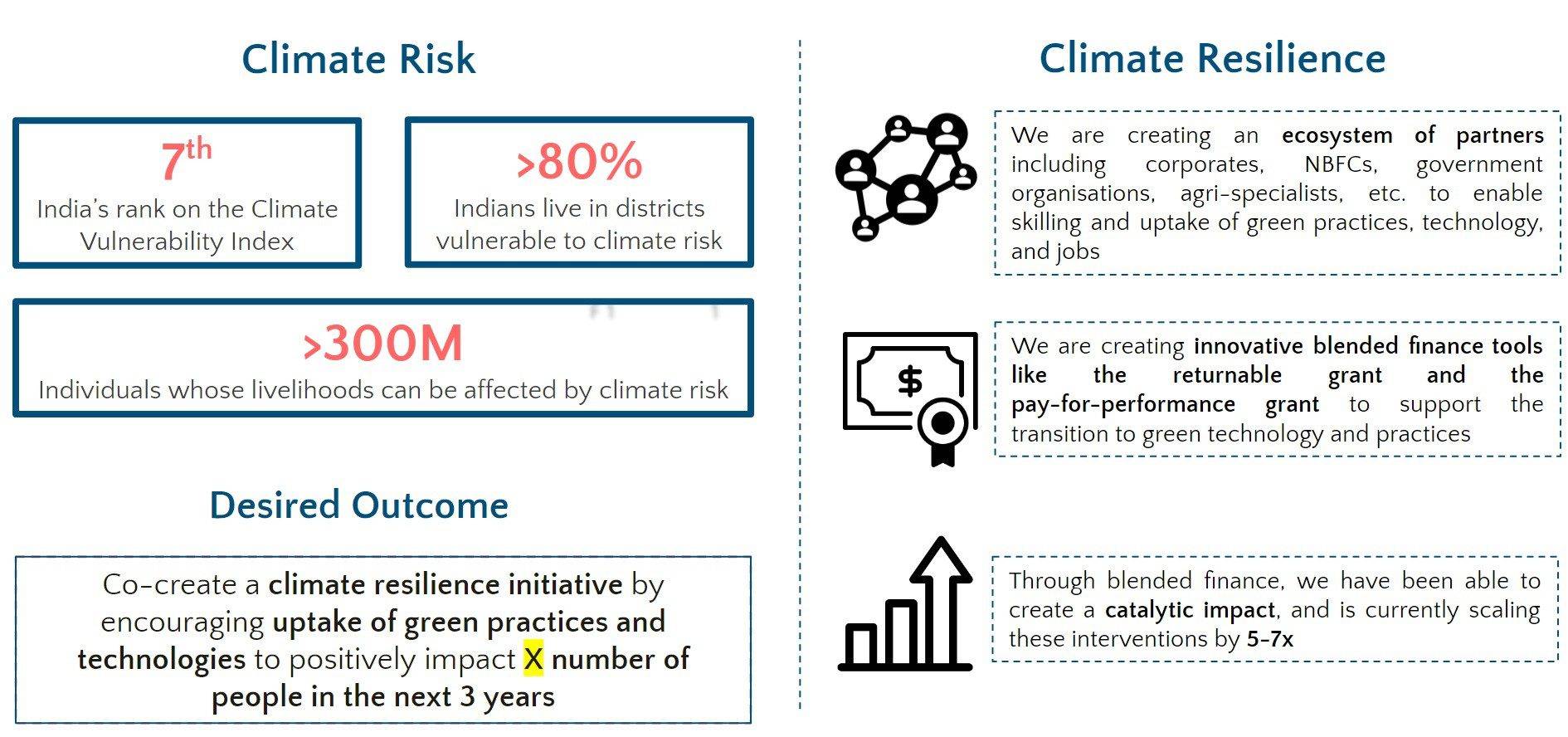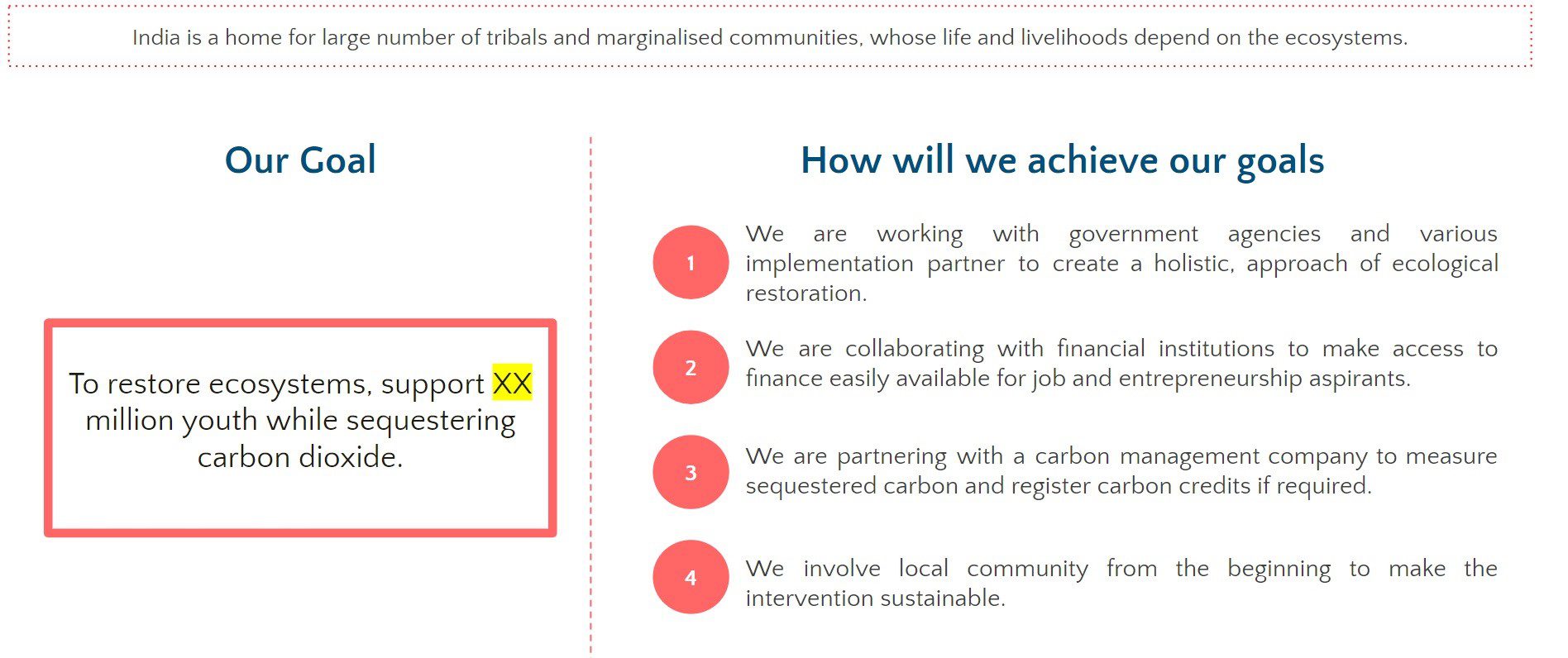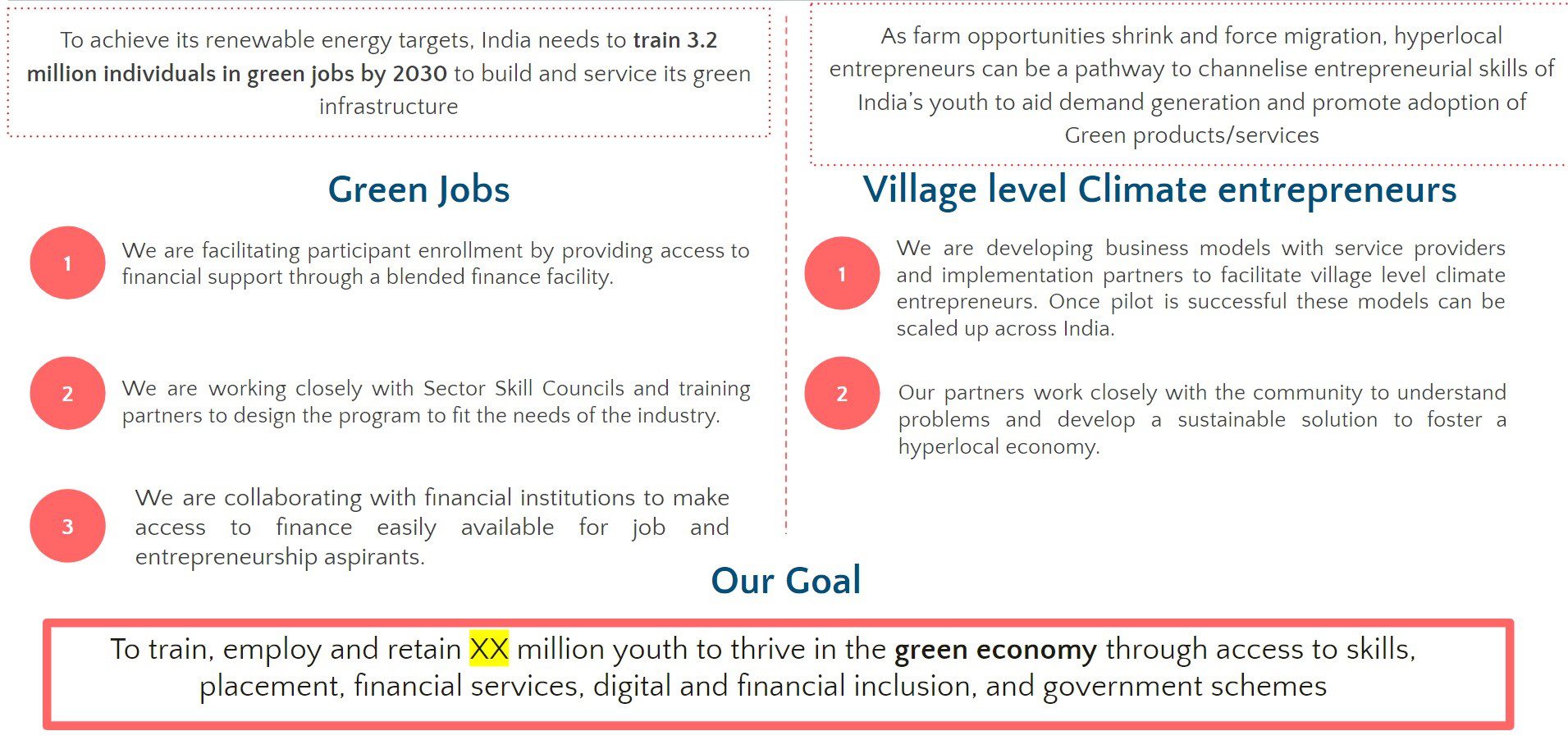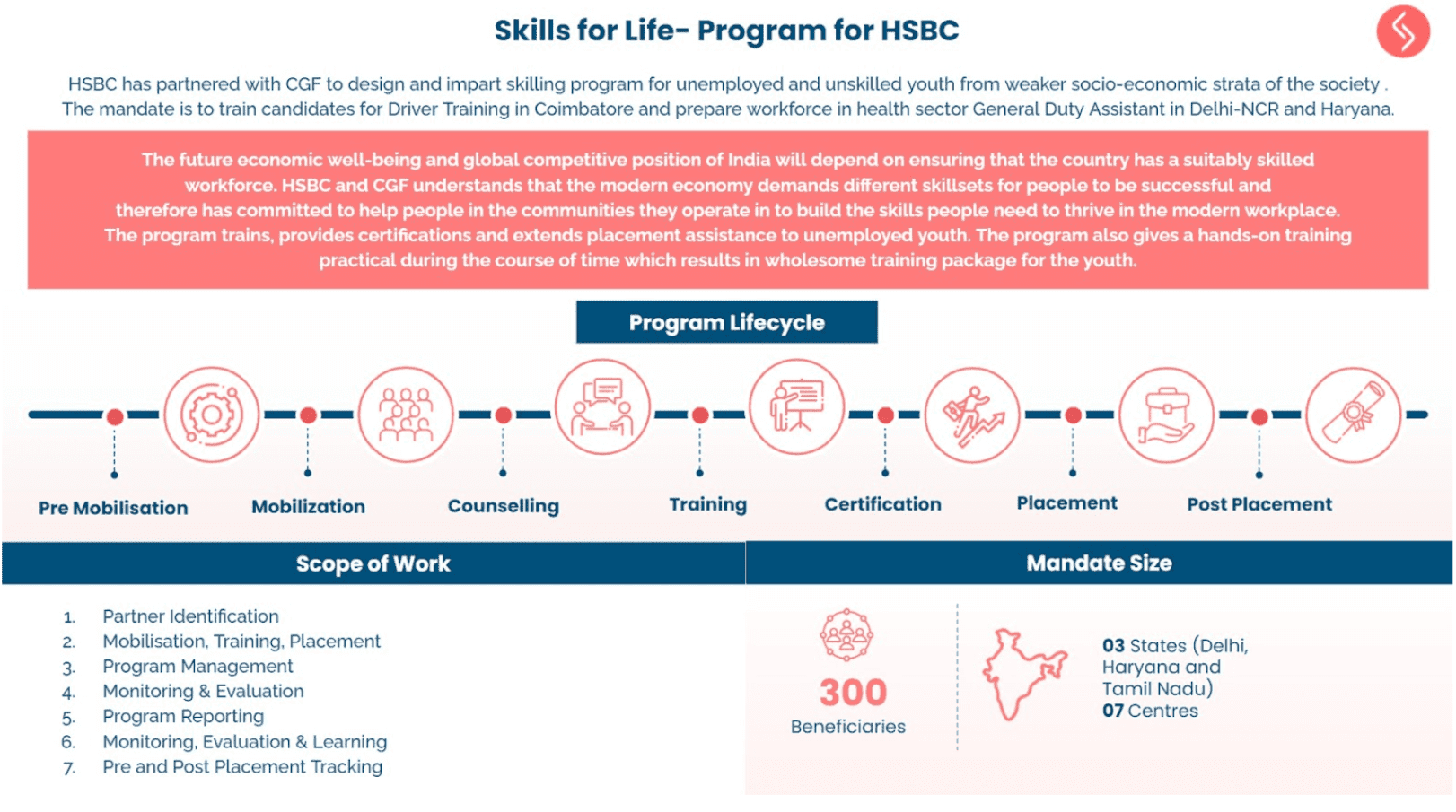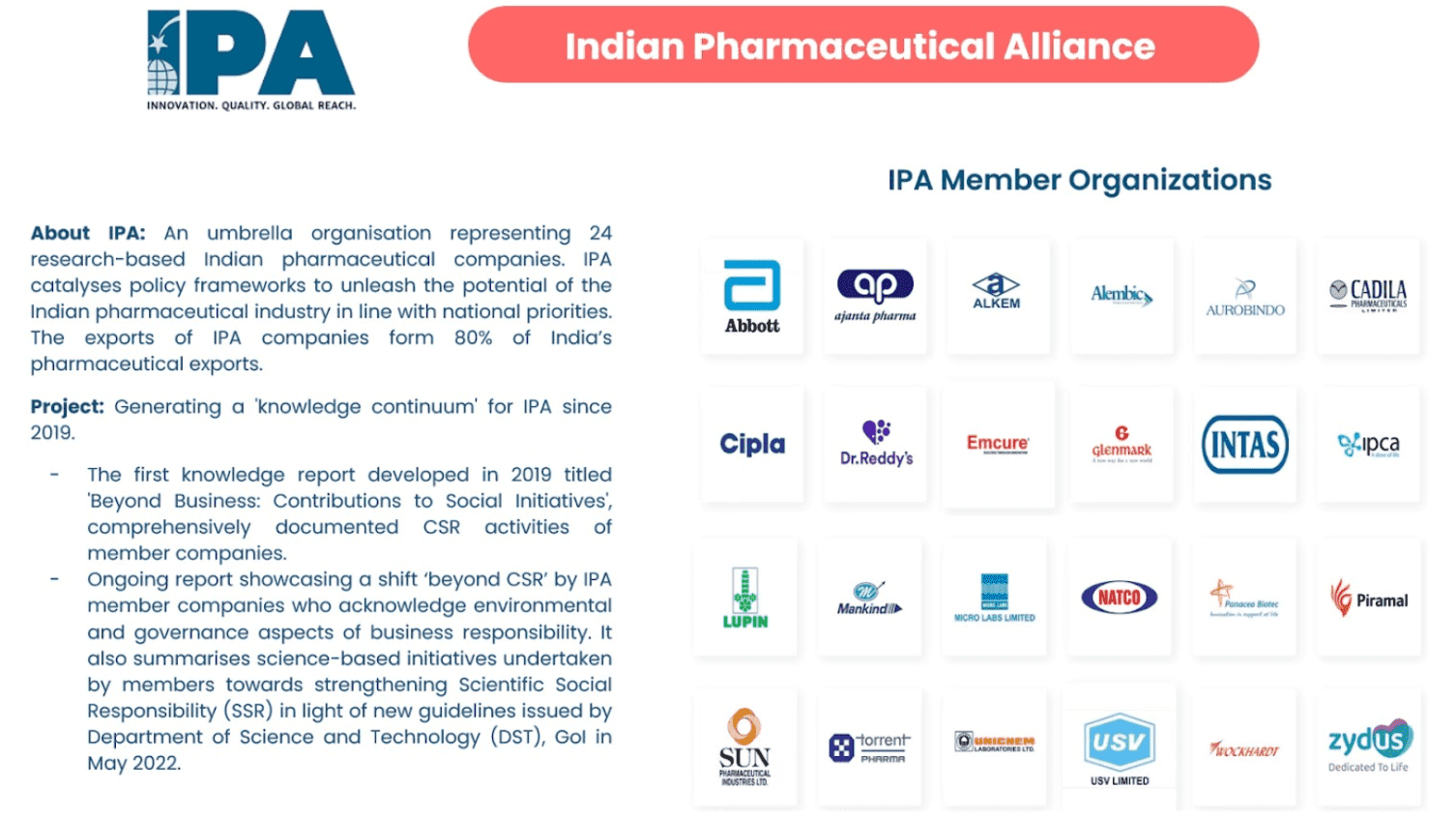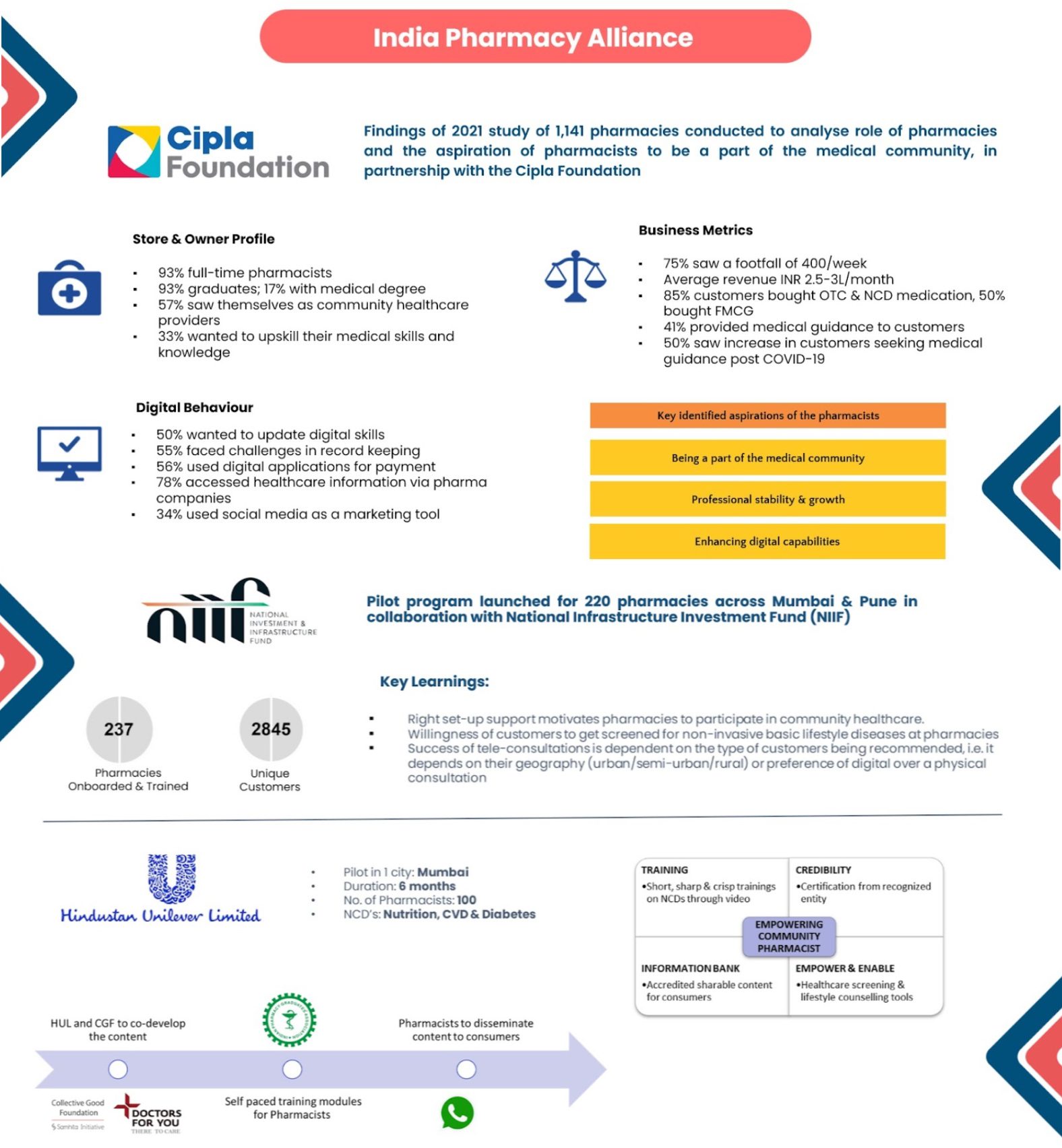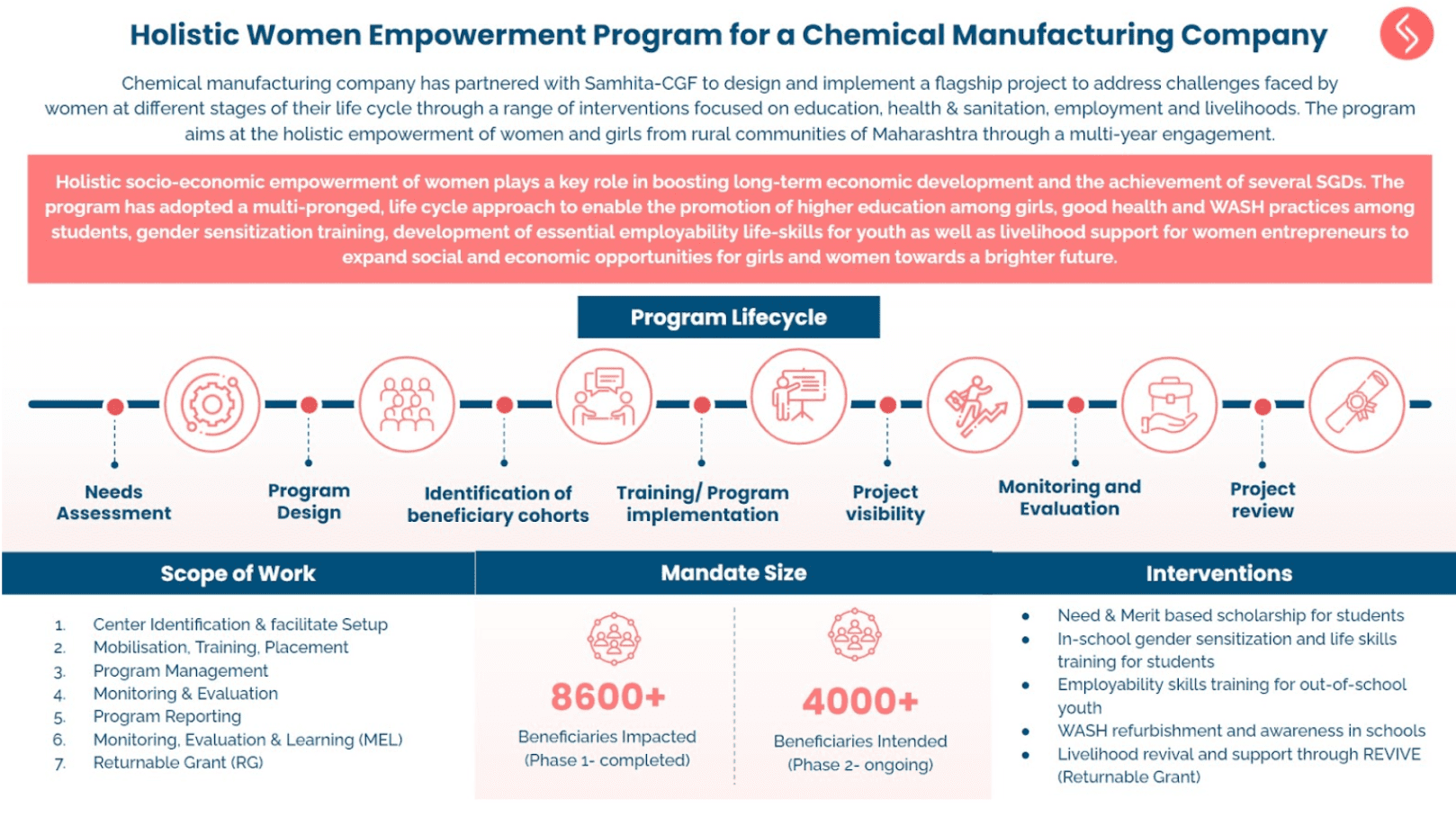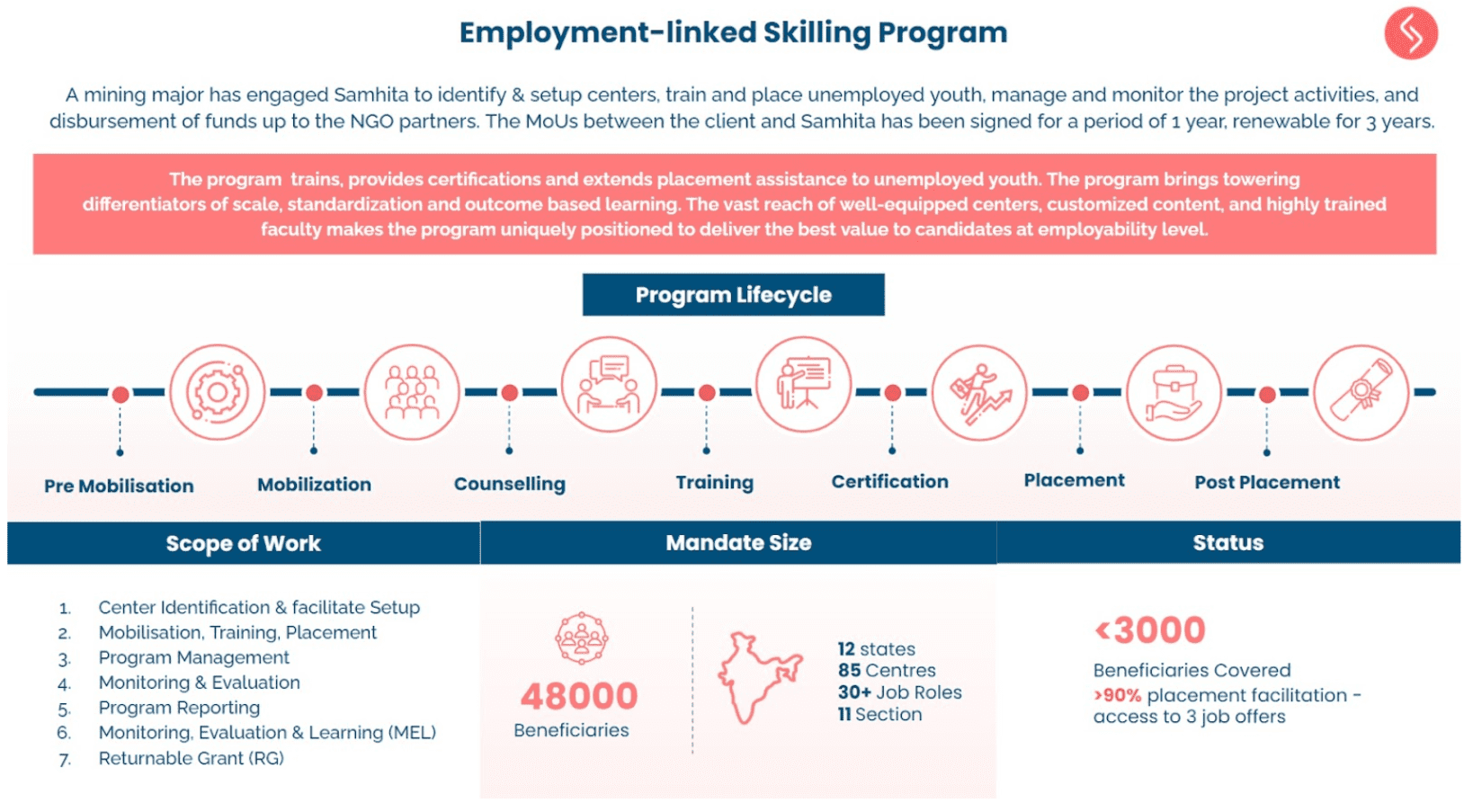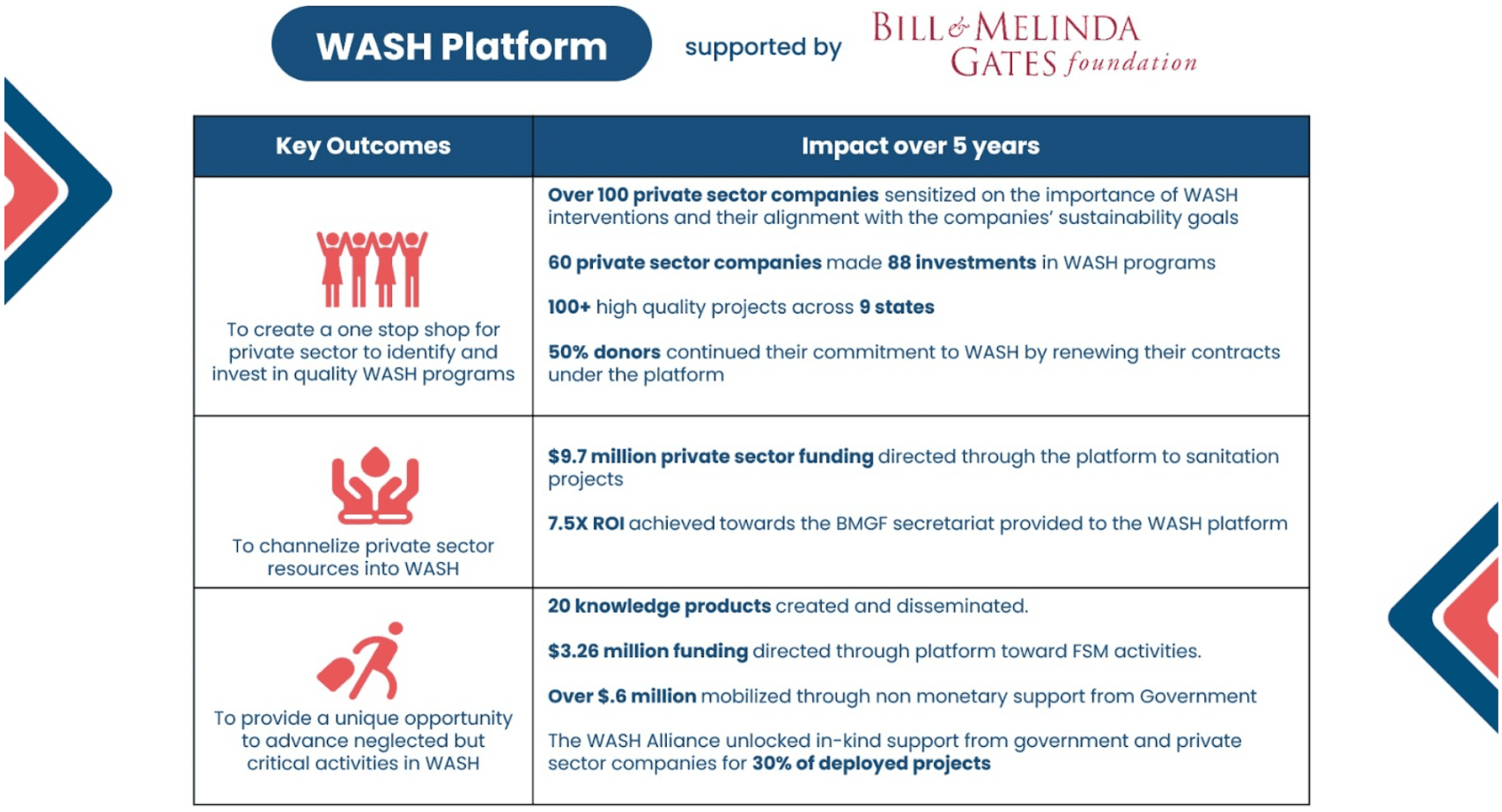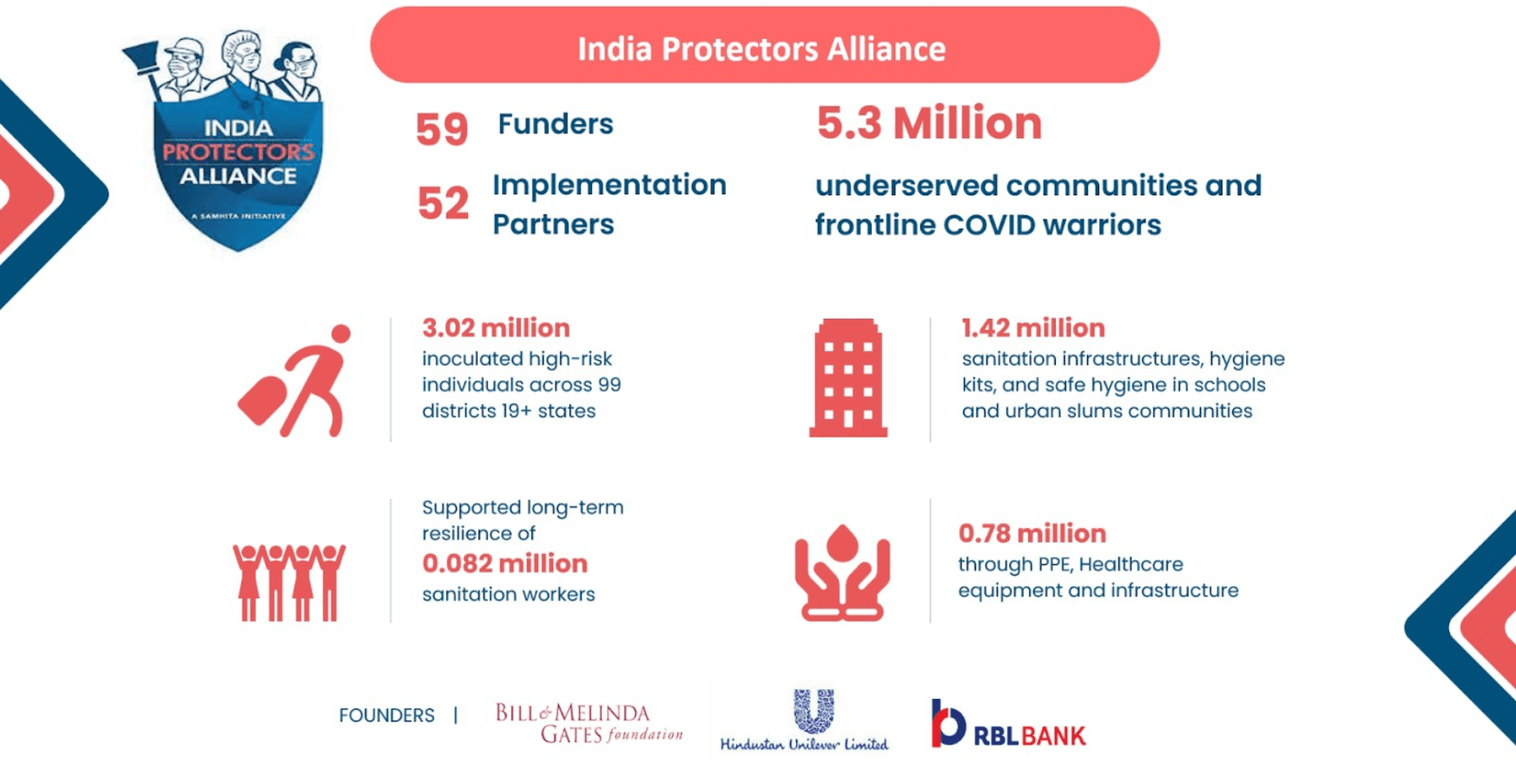Making Skills and Livelihoods Training Count
Companies are spreading their efforts thin, focusing on the entire value chain rather than working in their areas of strength. A collaborative approach, where companies focus on what they do the best and strike partnerships to add value and plug gaps, is the way forward.
Samhita, the United Nations Development Programme (UNDP) and Ambuja Cement Foundation (ACF) hosted the second edition of CSR Café Delhi on February 8, 2019, focused on Skills & Livelihoods.
Social sector leaders from 21 companies, and foundations discussed challenges in retaining trainees, sustainability of entrepreneurship-related initiatives, the gaps in current models, aspiration mismatch, quality of training, overlap of efforts by organisations, migration-related issues and so on.
The participants included ONGC Foundation, Philips Healthcare, Apollo Tyres, Walmart, Amway, DCM Shriram, Aricent Technologies, PNB Housing Finance, DLF Foundation, Adventz and National Foundation for India.
Participants agreed that there was an inherent weakness in the current model – companies are focusing on the entire value chain rather than just on their areas of strength. A collaborative approach where companies focus on what they do best and strike partnerships to add value and plug gaps was the way forward.
Key challenges faced by companies:
- Monitoring and retention of trainees after training even when the employers are already on board. Hence, impact measurement becomes an issue.
- In rural areas, sustainability of entrepreneurship programmes is difficult because of the presence of multiple companies providing support to the same set of beneficiaries through multiple interventions. The government also runs many subsidy schemes which disincentivise people to continue with entrepreneurship.
- There is a mismatch between the aspirations of youth and the wages provided by industries. Seldom do skilled workers enjoy a premium over unskilled ones which leads to dissatisfaction.
- Counselling of trainees is another big gap which needs to be addressed for scalability
- Being a complex ecosystem, there are too many externalities and stakeholders with differing needs. All companies focus on setting up centres and training irrespective of their core strengths, which could be just one step of the value chain such as counselling, pre assessments, mobilization etc.
- Self-sustainability of enterprises beyond pilot programmes is another issue as the entrepreneurs start depending on CSR support to create opportunities. It becomes challenging for companies to exit programmes.
- Data is available only from the organised sector and is quantitative in nature, with little focus on qualitative information such as the training process, quality of trainers, assessment of trainees, post placement support etc.
Some best practices/solutions to be explored:
- Companies, foundations and NGO and SE partners should focus on retention of trainees rather only number of people trained.
- A thorough needs assessment and mapping of aspirations should be done before starting a programme, and counselling should be built into the programmes.
- Trainees could be enrolled in mentorship programmes where the mentors support them during and post training to address any issues faced by the trainee.
- Productivity needs to discussed with the employers to support hikes in wages of skilled workers.
- The concept of migration centres could be explored to ease the transition of youth from rural to urban areas.
- Programmes for behavioral change/soft skills/vocational training should be incorporated at an early age at school level.
- Collaborations should be based on expertise and strengths, instead of the entire value chain.
- Different companies working in the same geography could explore shared services.
Next steps:
Going ahead, Samhita, UNDP and ACF will facilitate the following:
- Map which corporates are working on which part of the value chain in the skill development space and what they do best. This will create a repository of experts across the value chain for strategic collaborations.
- Engage in discussions and information sharing for collaborations for shared services. This could be done through technology platforms, using services of professional organisations who facilitate interventions and work as aggregators.













